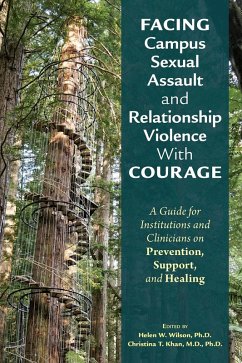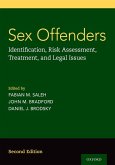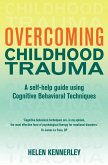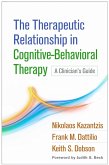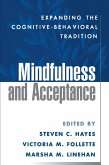Although precise figures are difficult to ascertain, surveys suggest that approximately 20%-25% of female-identified and 5%-10% of male-identified college students experience sexual assault, and 10% of all students experience psychological or physical abuse by an intimate partner. Among trans, nonbinary, and other gender-expansive students, rates are even higher.
With consequences that can include emotional distress, difficulty concentrating and focusing on academic work, mood changes, excessive substance use, and self-harming behaviors, it's clear that sexual assault and intimate partner violence are issues that require an emergent response.
Leveraging knowledge from psychiatry, college mental health, and higher education, Facing Campus Sexual Assault and Relationship Violence With Courage offers a holistic approach to preventing, addressing, and mitigating the effects of campus sexual and relationship violence.
This guide combines the latest science with real-world knowledge and practical application in four sections that examine:
. Prevention strategies from early childhood to middle and high school and on through the collegiate and graduate level, including how to establish a foundation for consensual, nonviolent relationships. Systems of response and care, from institutional responses, including Title IX policy, to models of trauma-informed campus care. Clinical interventions for survivors of campus sexual violence-with a special chapter focused on graduate students-as well as perpetrators. Support for students from marginalized communities, including queer and gender-expansive students and students of color
The book also offers a frank assessment of the power imbalances and systems of oppression-White supremacy, racism, patriarchy, homophobia, and transphobia among them-that underpin sexual and relationship violence. In doing so, it provides a pathway for institutions of higher education and mental health professionals alike to dismantle these systems of institutionalized oppression that are all too common in higher education in the United States.
With consequences that can include emotional distress, difficulty concentrating and focusing on academic work, mood changes, excessive substance use, and self-harming behaviors, it's clear that sexual assault and intimate partner violence are issues that require an emergent response.
Leveraging knowledge from psychiatry, college mental health, and higher education, Facing Campus Sexual Assault and Relationship Violence With Courage offers a holistic approach to preventing, addressing, and mitigating the effects of campus sexual and relationship violence.
This guide combines the latest science with real-world knowledge and practical application in four sections that examine:
. Prevention strategies from early childhood to middle and high school and on through the collegiate and graduate level, including how to establish a foundation for consensual, nonviolent relationships. Systems of response and care, from institutional responses, including Title IX policy, to models of trauma-informed campus care. Clinical interventions for survivors of campus sexual violence-with a special chapter focused on graduate students-as well as perpetrators. Support for students from marginalized communities, including queer and gender-expansive students and students of color
The book also offers a frank assessment of the power imbalances and systems of oppression-White supremacy, racism, patriarchy, homophobia, and transphobia among them-that underpin sexual and relationship violence. In doing so, it provides a pathway for institutions of higher education and mental health professionals alike to dismantle these systems of institutionalized oppression that are all too common in higher education in the United States.
Dieser Download kann aus rechtlichen Gründen nur mit Rechnungsadresse in A, D ausgeliefert werden.

